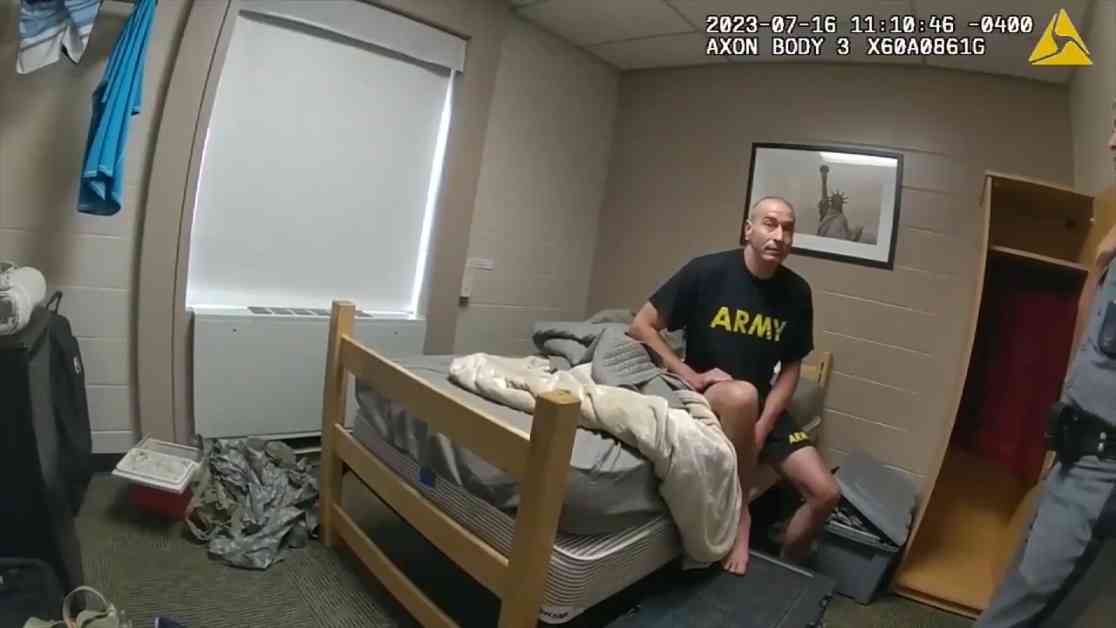In Lewiston, Maine, lawyers representing 100 survivors and family members of victims of the state’s deadliest shooting are taking legal action against the U.S. Army. They claim that the Army failed to intervene despite knowing about the deteriorating mental health of the reservist responsible for the shooting. The reservist, Robert Card, had been hospitalized and was displaying paranoid and delusional behavior, including creating a “hit list” of individuals he wanted to attack.
The lawyers argue that the Army had numerous warning signs and opportunities to prevent the tragedy that unfolded on October 25, 2023, when Card opened fire at a bowling alley and a local bar and grill, resulting in the death of 18 people and injuring 13 others. Two days later, Card died by suicide.
The legal action taken by the victims’ lawyers, including a firm that worked with the victims of the Sandy Hook shooting, involves filing individual notices of claim as a required step before suing the federal government. The Army has six months to respond before a lawsuit can proceed. The Army has declined to comment on the pending litigation.
At a news conference held near the scene of the shooting, Elizabeth Seal, who lost her husband in the tragedy, emphasized the importance of holding those accountable for their neglectful actions. She highlighted the long-lasting emotional and physical trauma experienced by the victims and survivors, expressing hope that justice will aid in the healing process.
An independent commission appointed by Maine’s governor found that both civilian law enforcement and the Army missed opportunities to intervene before the shooting. The focus of the legal action is currently on the Army, with claims that the Department of Defense and Army Keller Hospital failed to act appropriately and violated their own policies and procedures.
The claims allege that warnings about Card’s behavior, including threats of a mass shooting, were not taken seriously by the Army. Despite concerns raised by a friend and recommendations from doctors to restrict Card’s access to weapons, the Army did not adequately follow up on these red flags.
Cynthia Young, who lost her husband and son in the shooting, emphasized the need for accountability for the actions that were not taken to prevent the tragedy. The claims assert that in a country where mass shootings have become all too common, those in positions of authority must recognize the warning signs of potential violence and take proactive steps to prevent such events.
The ongoing legal proceedings highlight the importance of addressing systemic issues that contribute to mass shootings and holding accountable those who fail to act when presented with clear warning signs. The victims and their families are seeking justice and recognition of the preventable nature of the tragedy that unfolded in Lewiston.


